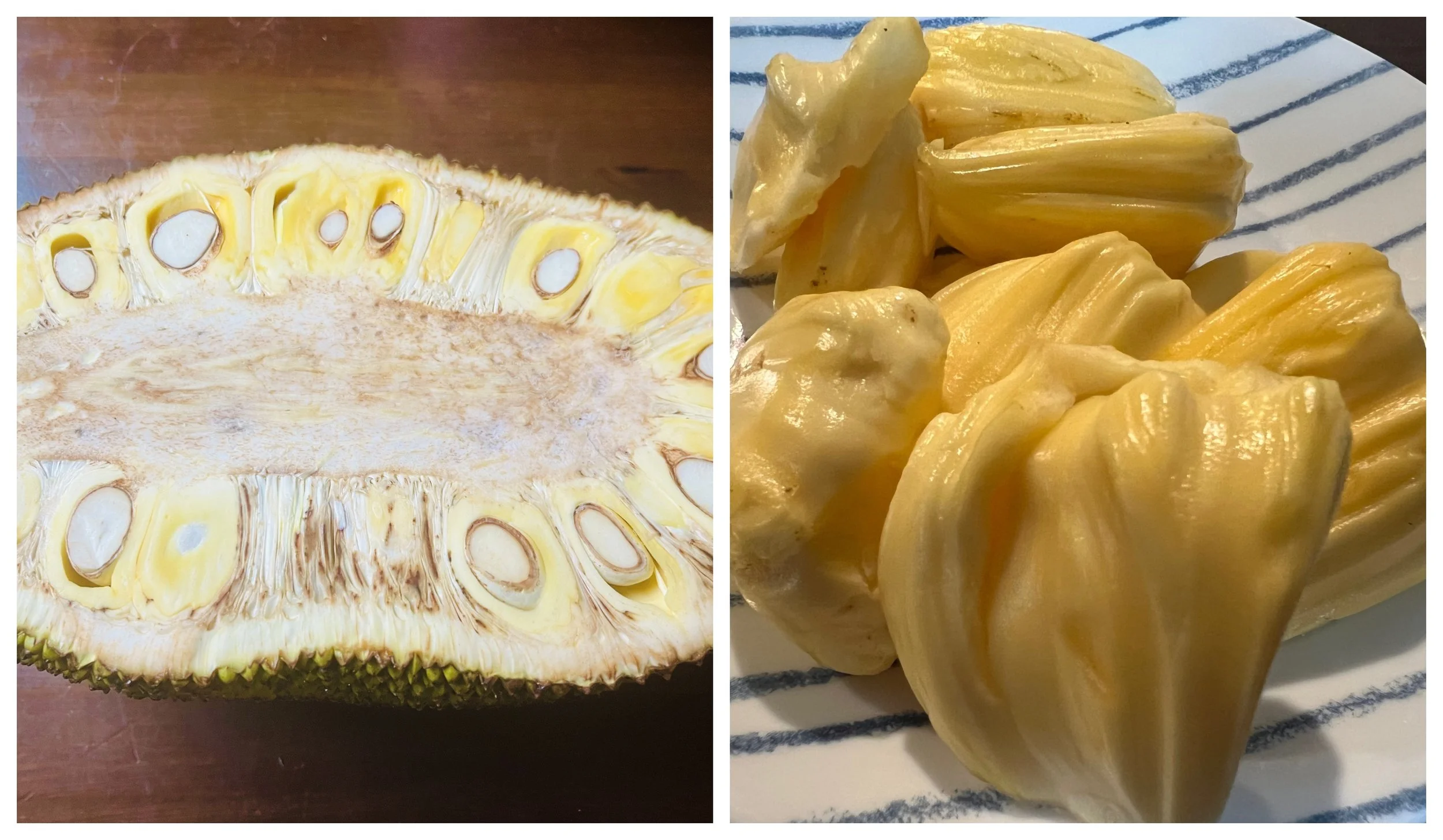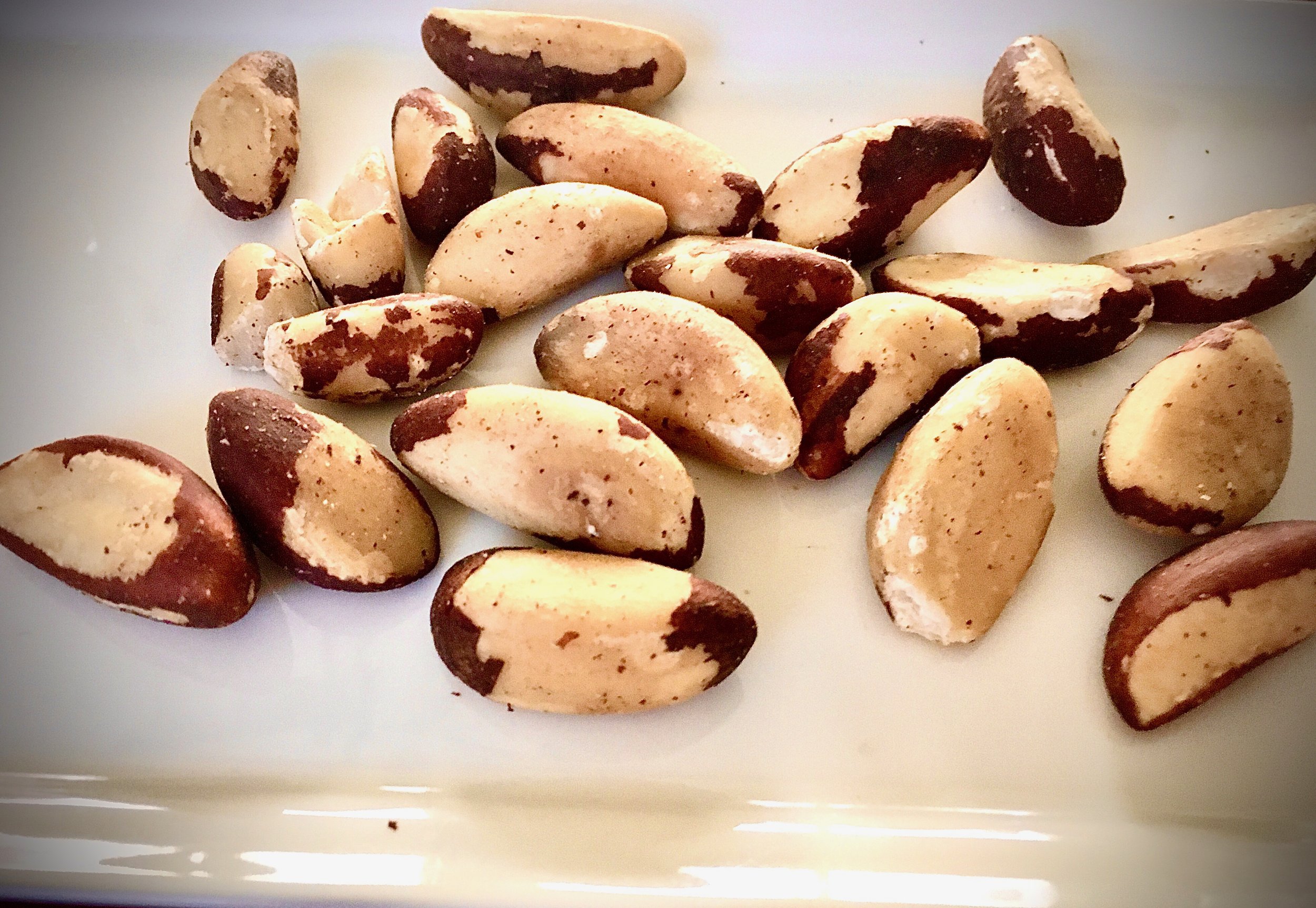Ingredient Spotlight: Cashew Nut - Anacardium occidentale L.

The Cashew nut is a widely used tree nut that is popular all around the world. The tree is an evergreen variety native to Brazil, that was later introduced throughout the world. The nut has a wide spectrum of culinary applications. It is well known that this nut has a higher fat content when compared with other nuts. In this section we will review some of the nutritional features of the Cashew nut.
Nutritional profile: Like most nuts, Cashew nuts are rich in fats, fiber, protein, polyphenols, phytosterols, vitamins, minerals, and amino acids. Vitamin E and potassium are the vitamin and minerals in highest concentration in this nut. Magnesium, selenium, copper, phosphorus, zinc, and iron, represent some of the other minerals present in this nut. When looking at the Fat content, it is composed of both unsaturated and saturated fatty acids.
Allergies: Many people in the world are allergic to Tree nuts. The Cashew nut which also falls under this category has some potent allergens that can trigger severe systemic reactions in some individuals. The potent allergens are from two main groups, mainly the Cupin superfamily and the Prolamin superfamily. Cashew nut allergy is most prevalent in the industrial countries and the only way to prevent it, is avoidance of all tree nuts.
Energy provided from these nuts: Cashew nuts are rich in fat, however there is a question on how much of this energy is being absorbed into our systems. Evidence leads us to believe that the structure of nuts may limit their digestion, therefore causing a good amount of the fat to be excreted in the waste. This also underscores the fact that eating natural whole Foods is always better than eating processed high fat foods.
Health benefits when included in the diet: Moderation is always key when considering the consumption of nuts in the diet. When eaten as part of a heart healthy diet in recommended amounts, they can contribute to Cardiovascular health and prevention of Metabolic syndrome. However, this must go hand in hand with exercise, low-fat consumption, and a drastic limitation of red meats and processed foods.
Probiotic Benefits: When consumed in moderation these nuts can help in the sustenance of a healthy micro-biome population in our gut, by functioning as a prebiotic( food for microbiota). This may help our gastrointestinal health as microbiota are linked with energy extraction, metabolic processes, immunological function as well as many other benefits.
In this section we have reviewed the health features of Cashew nuts. As I have mentioned earlier moderation is key. I pray that you will keep your health in center focus and live long and strong!


































